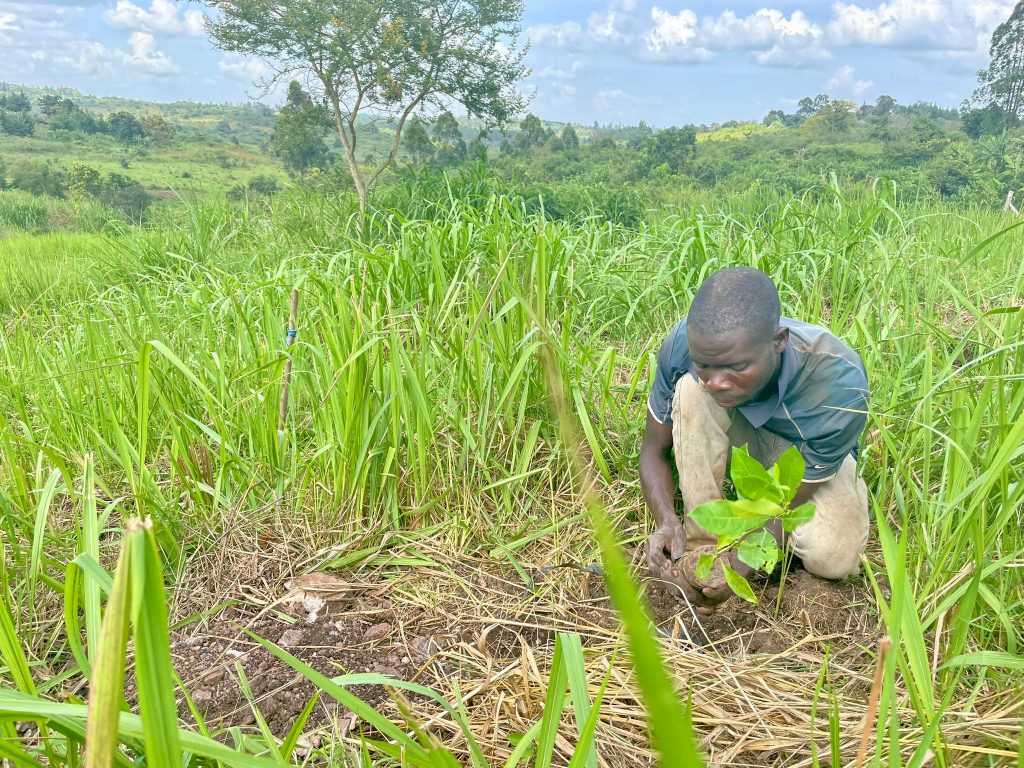How we support
The Lake Albert Foundation aims to achieve its mission and vision by providing training, capacity building, business development, research, knowledge exchange, investment promotion and advocacy.
The Foundation works closely with partners and stakeholders throughout the region to promote sustainable agriculture and conservation initiatives, build the capacity of local farmers, coordinate and facilitate collaboration and knowledge exchange between Ugandan and international partners, fund projects that have a positive impact on the region, and participate in advocacy with (local) governments.
A good example of this support is the Kilimo Kisasa Ltd farm is Zombo district, Uganda. This Ugandan farm is run by Ugandan and Congolese people from the Alur tribe that lives on both sides of the border. Their main focus is the sustainable production of disease-free seed potatoes. However, Kilimo Kisasa also recognises their responsibility as intensive potato producers to conduct their agricultural practices in an ecologically and socially sustainable manner that can ensure reliable food production and functioning ecosystems for future generations.
The Lake Albert Foundation has supported Kilimo Kisasa to achieve their goals in multiple ways. Various trainings were co-developed with Kilimo Kisasa staff, for example about the use of tractor implements and soil conservation. Kilimo Kisasa then incorporated the knowledge gained in these trainings into their own training centre from where other organisations and farmers can be trained. Knowledge exchange has been arranged between Ugandan and Dutch stakeholders, for example through a mission of Dutch agro-investors to the region. Tours have been organised for local government officials to see the Kilimo Kisasa farm and discuss the importance of combining sustainable food production with reforestation and biodiversity management. This way, the Lake Albert Foundation has helped Kilimo Kisasa to build capacity and create awareness about their activities, which in turn leads to more sustainable landscapes and livelihoods in the region.


